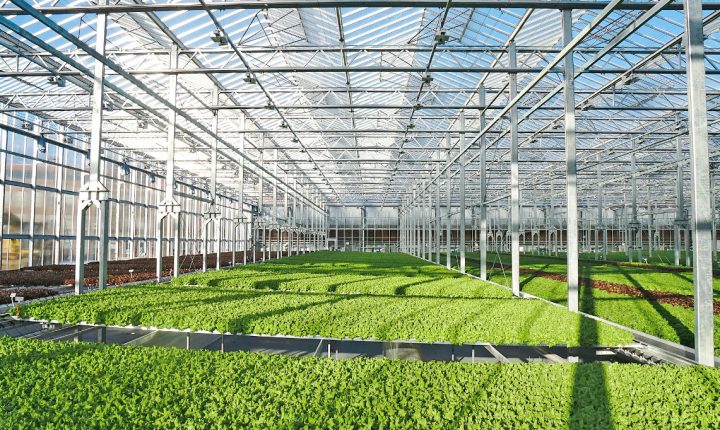It is also important for CEOs to include middle management in the organisation’s sustainability journey. On a formal and informal basis, the leader checks the policy. Communication advisors can ensure that the CEO does not display any ‘one-man-show’ behaviour. For both internal and external credibility and support, it is essential that the CEO, together with middle management, radiates the sustainability ambitions. The communications professional can coach the CEO on exemplary behaviour, both in terms of content (factual) and tone (positive and realistic), as well as personally (what personal connection does he/she make with being more sustainable). This last point gives the process of becoming more sustainable an extra positive turn. The leader is looked at internally and externally and one wants to feel that he/she is serious and honest about the set goals and ambitions. It is important to include this specific, personal connection with the ongoing change process in all communications. In the leadership communication, the CEO must sketch a relevant image of the future of his own organisation in a more sustainable society, and the concrete way in which this will be achieved step by step. Everyone has a role to play in this: every employee, the financiers/shareholders and the consumer with the purchasing choices he/she makes. And really, sustainability only happens when our food companies stop working on separate projects and take the way forward in structures and processes; sustainable in the sense of lasting.



